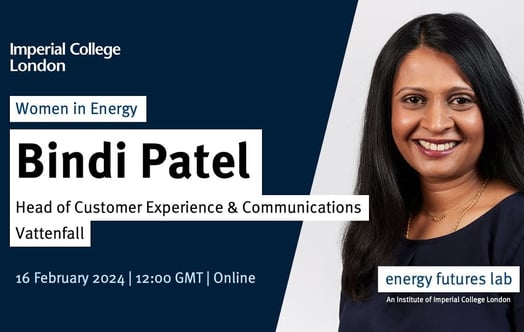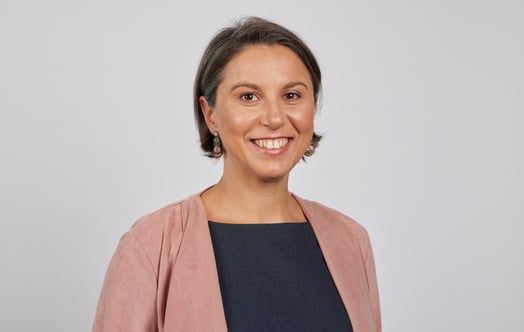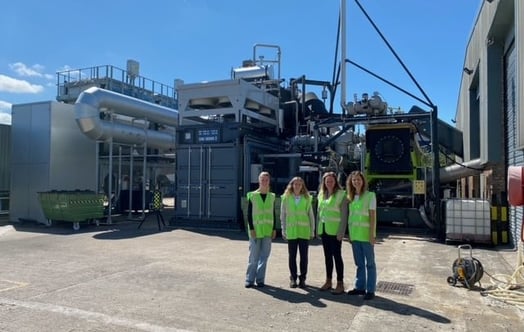"There’s no such thing as a passive ally." For International Women's Day 2022, Commercial and Developmental Director Mark Anderson offers his thoughts on what it means to be an ally.
As International Women’s Day approaches I’ve been thinking about what I can do, as a heterosexual white man, to show my support. The concept of ‘allyship’ crops up a lot and I wanted to learn more.
Allyship applies to scenarios where someone supports a person suffering discrimination, whether due to their race, sexuality or gender. Leading up to IWD I focused on the last of these, but many of the themes are the transferable.
Active – 'Be' an ally (don’t just talk about being an ally)
One of the first things that struck me as I read about it is that there are quite a lot of people who object to the term ally because they feel it’s been misused – almost like a brand or a hashtag that’s easier to post about than to actually do it. But it’s clear from testimonials from many women that it isn’t publicity or social debate which they value in an ally – rather it’s being beside them in a workplace and taking action to support them. This can be coaching, investing time and consistency to support someone or just calling out intentional or unintentional discrimination when you see it. There’s no such thing as a passive ally.
Listen and empathise
The next big theme is listening and empathy. Every article I read talked about the importance of asking women about their experiences and what you can do – and listen and act on their response. Many also emphasised that self-reflection is part of the journey, acknowledging the privileges you have had and how they have affected your life and career. This can be a scary prospect – we’ve been raised on a diet of Disney & Hollywood storylines to feel that success is earned because of effort and determination. Acknowledging the advantages we’ve had might threaten to undermine our confidence in our own talent or make us feel guilty for the success we’ve had. However it is essential. Without this it is impossible to confront our own unconscious biases or empathise with others and understand what might make them uncomfortable or create a barrier to reaching their potential. Anything which inhibits or constrains a talented colleague makes our team weaker, but more importantly it means we are creating an environment where people bring a version of themselves instead of their true selves. I don’t want to work in that sort of place.
Learn from mistakes
In the context of IWD, a lot of people talk about inhibitions which can arise if people are nervous about saying the wrong thing. This is clearly an issue – as I said above, unconscious bias is a fact of life and it requires listening and empathy to tune into. So either we opt out and don’t support our friends and colleagues as an ally, or we have to risk getting it wrong sometimes. In which case we need to be humble, accept we have made a mistake, apologise appropriately and learn from the experience to avoid repeating it. This can be difficult; with unconscious bias is called out it can feel like an attack or be difficult to understand the problem and it is easy to get defensive (outwardly or inwardly). But to learn we have to accept feedback, removing ourselves and trying to appreciate the other person’s experience. Then we need to think of an apology as something for the affected person, not ourselves. That can change timing as well as what you say or do. All these things will help the most important thing, which is to learn from the experience.
Your beliefs
The final theme I’d like to highlight is what a lot of articles say it means to be an ally. Several people describe it as “taking on the struggle as your own,” but I’d put it slightly differently – this is about examining your own beliefs about fairness and equality and then standing up for them.
I find it quite scary to fully embrace these ideas and really examine the role I play. I am in the passive majority; I have let myself think that I because I’m nice and I believe in fairness I must be doing okay. Plus my ego and self-respect needs me to believe I’ve worked hard enough to deserve my career success.
However none of that really matters, because being an ally isn’t about me – it’s about the people I can support and about working towards a fairer workplace and society.
Please talk to me about your experiences and judge me by my actions rather these words.
Active Listen Learn Your beliefs




